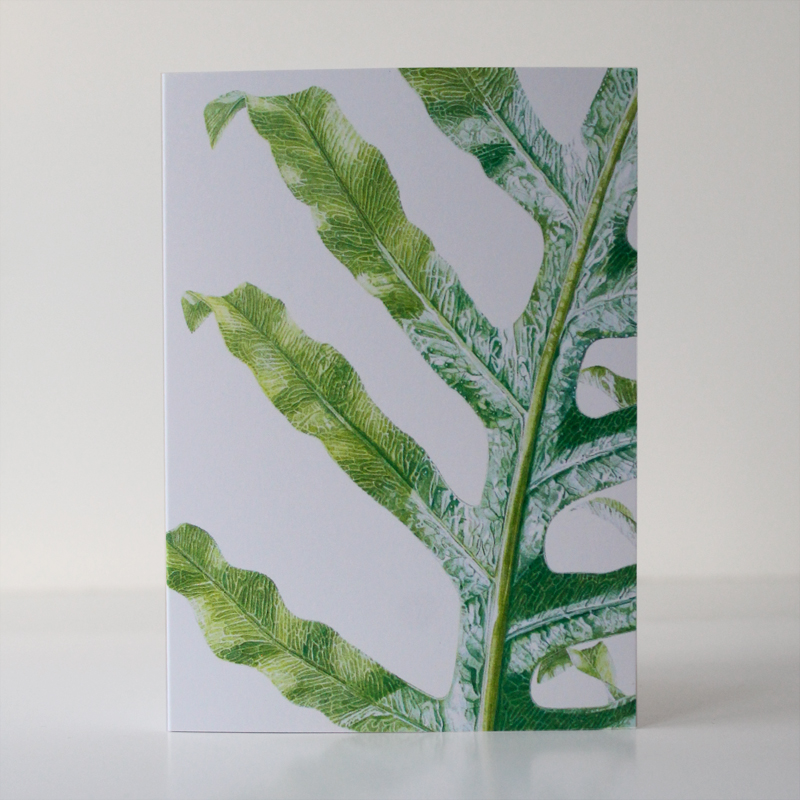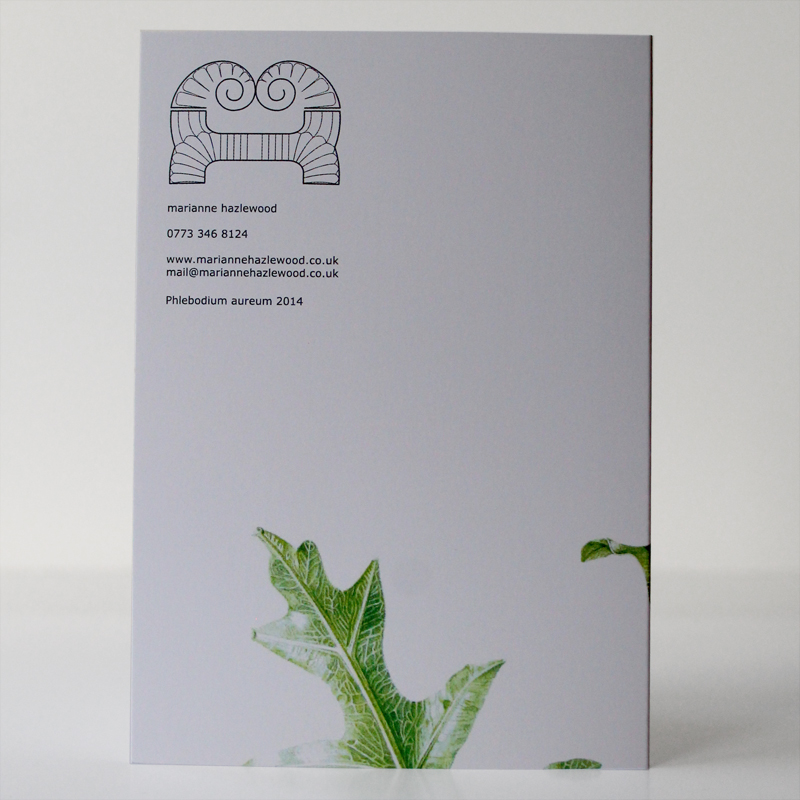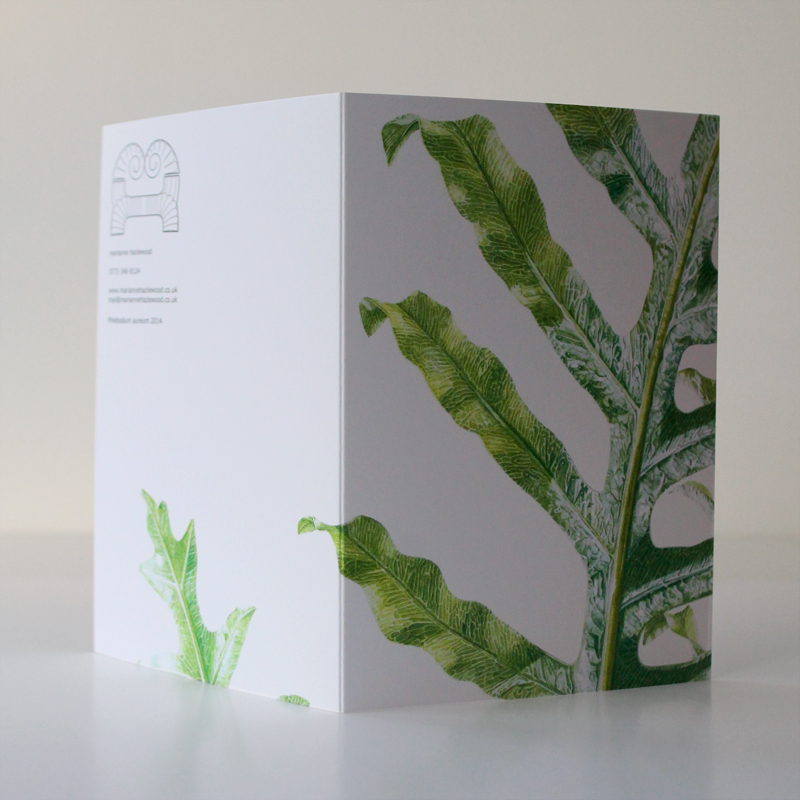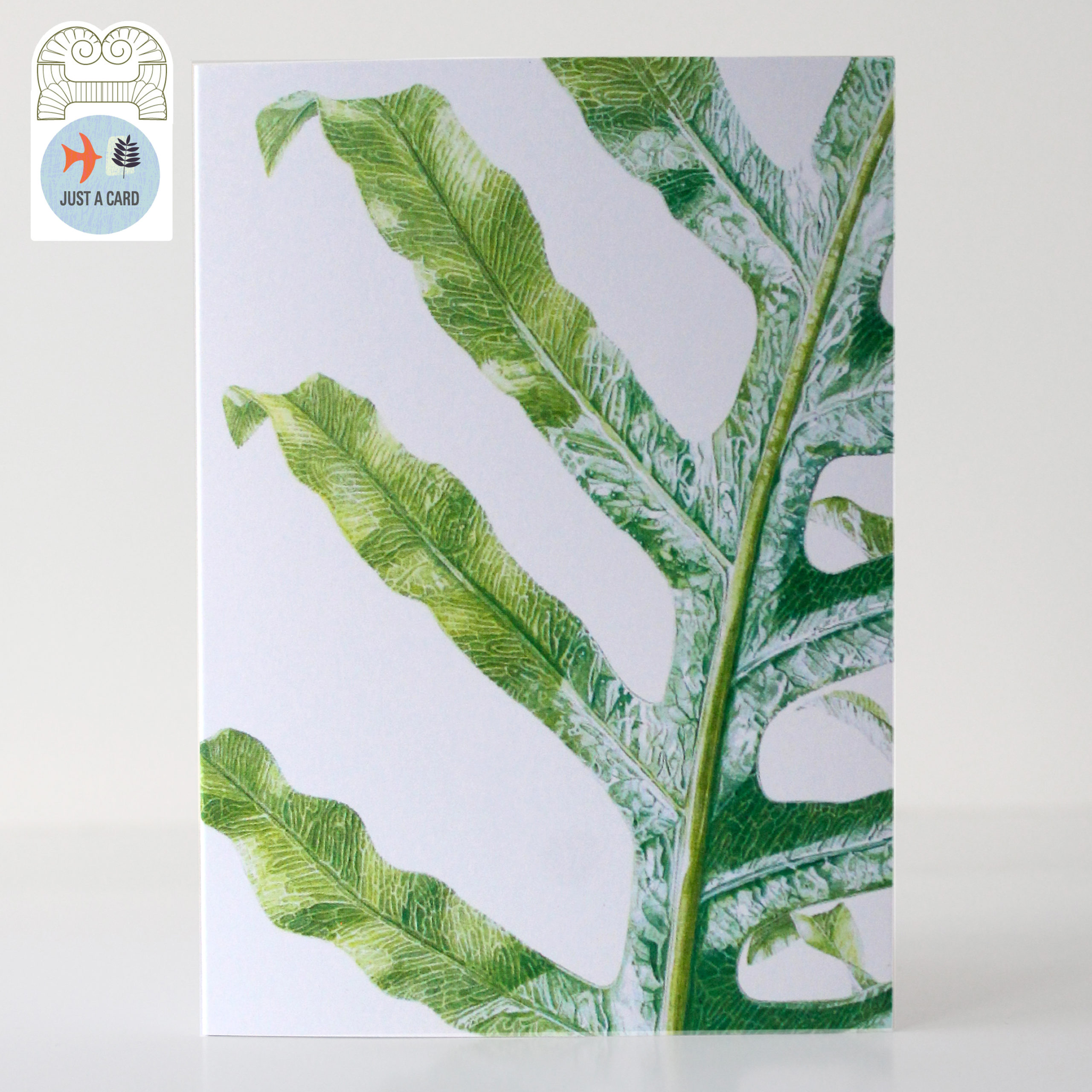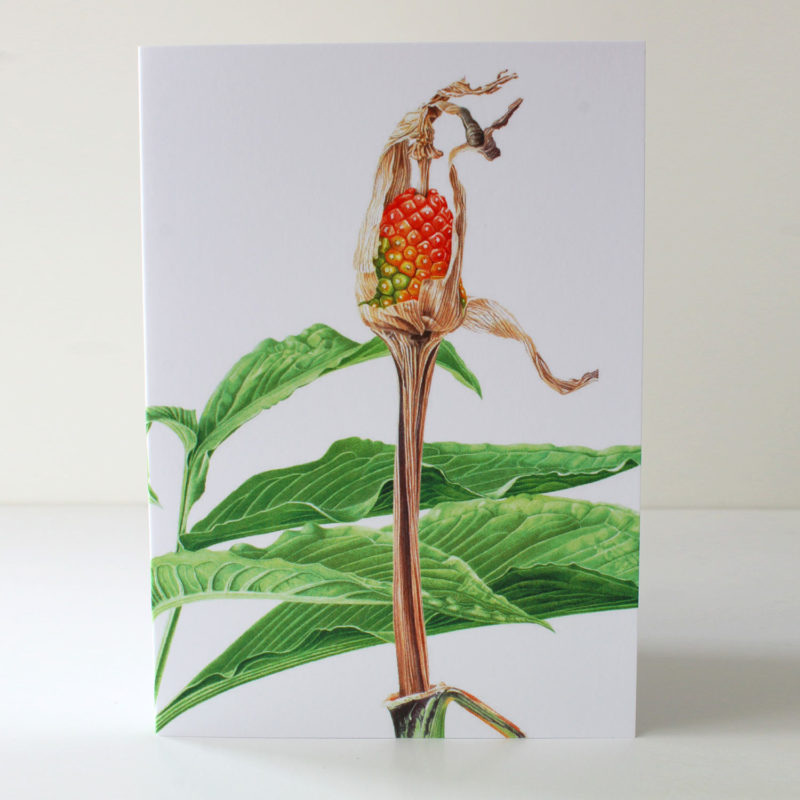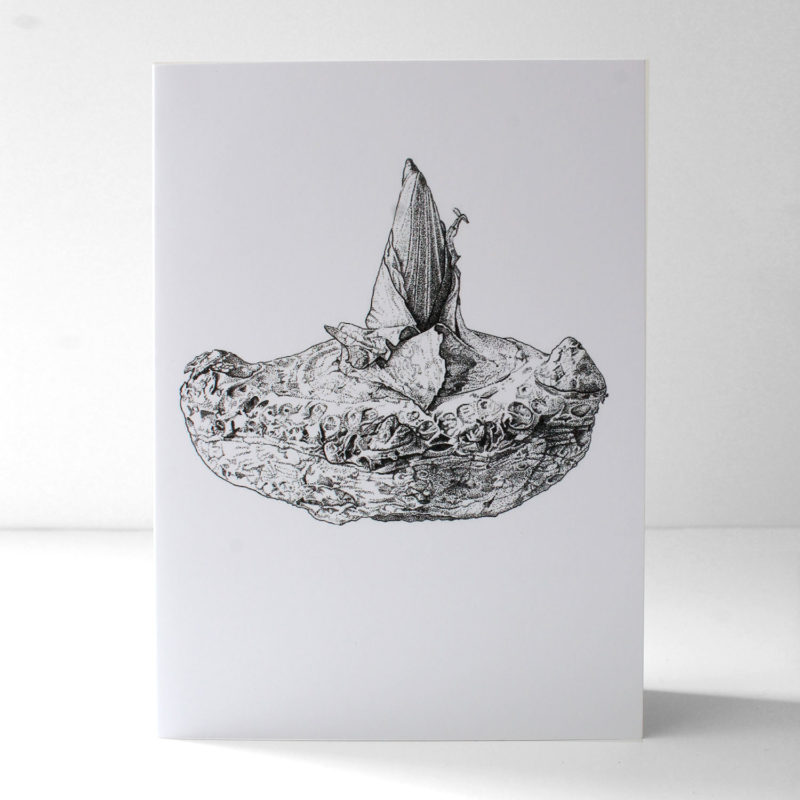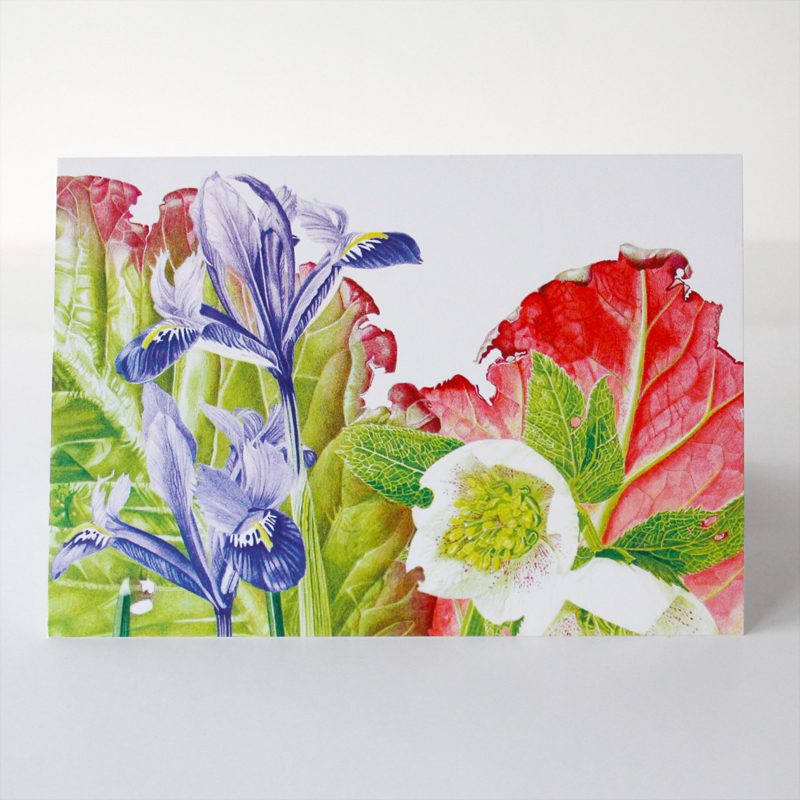greetings card – Phlebodium aureum – golden polypody
£3.00 – £12.00
greetings card – Phlebodium aureum – golden polypody
the print extends over the back of the card
Description
greetings card – Phlebodium aureum – golden polypody
400gsm Silk artboard
Fits into C6 envelope
Blank white interior
Packaged with envelope in clear sleeve
Additional information
| Weight | 14 g |
|---|---|
| Dimensions | 11 × 15 cm |
| pack size | single, pack of 5 |
Packaging
Where possible I try to reuse packaging, so your packaging may not look split new! Rejoice in this – we are helping the planet with our own tiny actions! (-_-)
Prints are packaged in a polypropylene bag (PP5) to keep them dry during transit, you can recycle this along with plastic bags at plastic bag recycling points. Smaller prints are wrapped in noissue tissue, part of the Eco-Alliance. Where possible, I reuse cardboard as protection for the front of a print and I use bubble wrap bags as an outer packaging for medium sized prints and, where possible, recycled cardboard on larger prints. Please reuse all packaging so that it extends the life on the materials.
Cards are wrapped in noissue tissue, part of the Eco-Alliance. Individual cards are packaged in either a polypropylene bag (PP5) or a biodegradable cellophane bag to keep them dry during transit. You can recycle the polypropylene along with plastic bags at plastic bag recycling points. The cellophane bags are 30mu Nativia ® film, which can be added to your green bin to be industrially composted*. I still have quite a stock of the polypropylene bags; once I have used these up, I will switch wholly to cellophane.
—
*Sourced from Transpack
Nativia ® film is made from corn or other sources such as sugar beet and potatoes among others, and conforms to the EN13432 standard, meaning it is biodegradable and compostable. It has also achieved the OK Biobased certificate from Vincotte. Nativia ® film breaks down quickly into carbon dioxide, water and biomass by microbial digestion in the right conditions.
The film is sourced from renewable sources and is food safe.
Nativia ® can be industrially composted and will disintegrate in six months to CO2, water and humus, a soil nutrient. It can also be mechanically and chemically recycled (not with other plastics because it has a lower melting temperature) and it can be incinerated. Nativia ® films do not biodegrade in landfill conditions.
Vegan friendly
